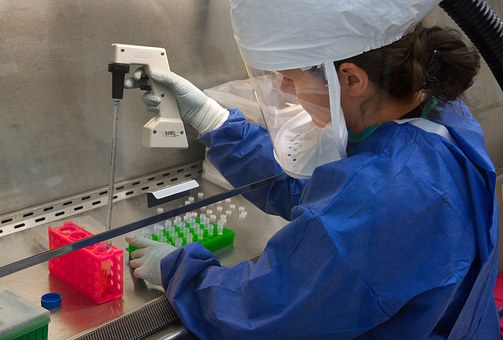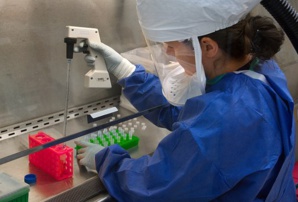Last month, the GlaxoSmithKline’s C.E.O Emma Walmsley, delivering on her promise of trimming the company’s portfolio reported about parting with “its rare disease gene therapy drugs”. The sale will be made to the Orchard Therapeutics.
Even though, GSK will not feel any financial impact from the said transaction, given its position of the “biggest” drug manufacturer of Britain, the signs seem to be clear that Walmsley moves progressively towards “reshaping the company”. In a “strategic review”, the chief executive dealt with the “rare diseases unit” of GSK last year as she attempt to act on her wide overhaul spectrum for gathering the company’s attention on drug research besides improving the returns in the “core pharmaceuticals business” of GSK.
According to the current deal GSK will have a 19.9% stake in “unlisted Orchard”, along with a place at the board as well as “future royalties” while “milestone payments” will also be “linked to the commercial success of the drugs”. In fact, a spokesperson of GSK informed that the company will also get a “small upfront payment”, although the amount has not been disclosed.
While, the rivals of GSK see the field of research in “rare diseases” treatment as a source of “rich profit”, GSK seems to be going “against the tide”. However, on a commercial account, the “rare diseases portfolio” of GSK seems rather tiny. Therefore, GSK will turn its “focus on oncology” while developing its capacities in “cell and gene therapies”.
In a recent venture, GSK spent “hundreds of millions of dollars” to make its presence felt largely in the area of “T-cell receptor treatments” which fights a “range of tumour types”, whereby taking its cancer therapy on “gene-based cell” treatment forward. However, Reuters also informed that:
“The company’s (GSK’s) only marketed rare disease gene therapy is Strimvelis for ADA severe combined immune deficiency, or “bubble baby” disease. It has been used to treat only a handful of patients since its launch in Europe two years ago, at a price of 594,000 euros (£518,009) per treatment.
“Strimvelis and other gene therapies for ultra-rare conditions will sit better within Orchard, a small British company that is already working on “bubble baby” disease and other niche genetic disorders”.
References:
reuters.com
Even though, GSK will not feel any financial impact from the said transaction, given its position of the “biggest” drug manufacturer of Britain, the signs seem to be clear that Walmsley moves progressively towards “reshaping the company”. In a “strategic review”, the chief executive dealt with the “rare diseases unit” of GSK last year as she attempt to act on her wide overhaul spectrum for gathering the company’s attention on drug research besides improving the returns in the “core pharmaceuticals business” of GSK.
According to the current deal GSK will have a 19.9% stake in “unlisted Orchard”, along with a place at the board as well as “future royalties” while “milestone payments” will also be “linked to the commercial success of the drugs”. In fact, a spokesperson of GSK informed that the company will also get a “small upfront payment”, although the amount has not been disclosed.
While, the rivals of GSK see the field of research in “rare diseases” treatment as a source of “rich profit”, GSK seems to be going “against the tide”. However, on a commercial account, the “rare diseases portfolio” of GSK seems rather tiny. Therefore, GSK will turn its “focus on oncology” while developing its capacities in “cell and gene therapies”.
In a recent venture, GSK spent “hundreds of millions of dollars” to make its presence felt largely in the area of “T-cell receptor treatments” which fights a “range of tumour types”, whereby taking its cancer therapy on “gene-based cell” treatment forward. However, Reuters also informed that:
“The company’s (GSK’s) only marketed rare disease gene therapy is Strimvelis for ADA severe combined immune deficiency, or “bubble baby” disease. It has been used to treat only a handful of patients since its launch in Europe two years ago, at a price of 594,000 euros (£518,009) per treatment.
“Strimvelis and other gene therapies for ultra-rare conditions will sit better within Orchard, a small British company that is already working on “bubble baby” disease and other niche genetic disorders”.
References:
reuters.com






